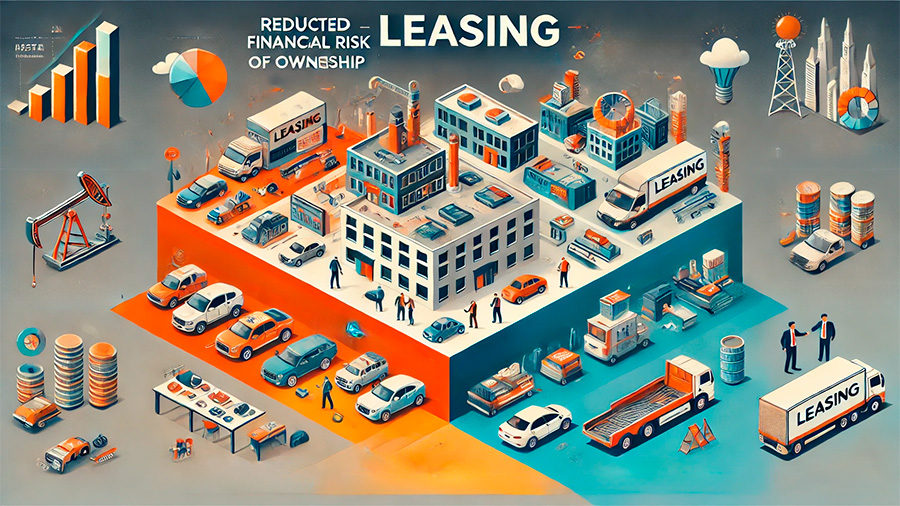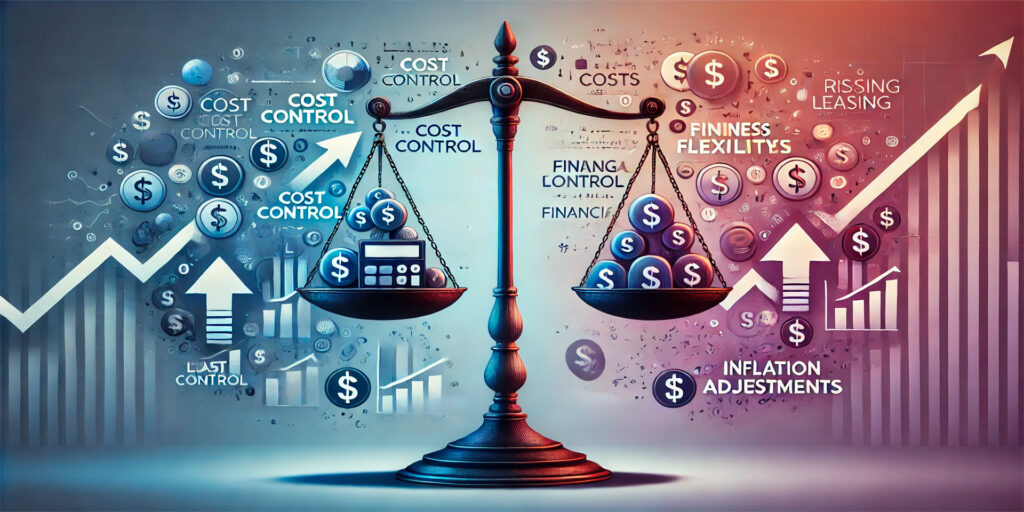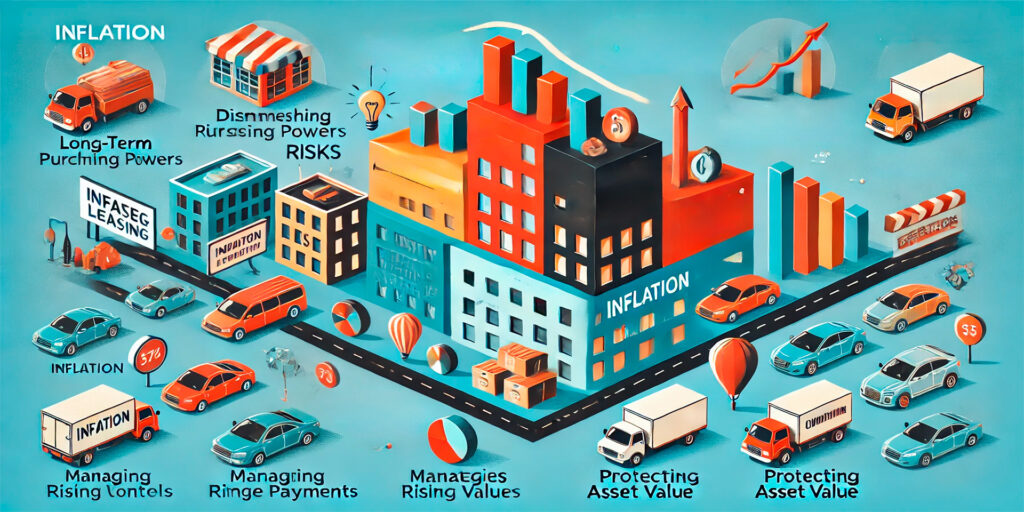For businesses focused on long-term sustainability and growth, finding the right financing strategies is crucial. Leasing has emerged as a key tool in helping businesses grow sustainably by providing flexibility, preserving capital, and enabling access to cutting-edge technology without the significant upfront costs associated with purchasing. As companies seek to expand while maintaining financial stability, leasing offers a way to balance short-term needs with long-term goals.
This article explores how businesses are leveraging leasing to fuel sustainable growth and the benefits it provides in terms of flexibility, financial efficiency, and environmental responsibility.
Preserving Capital for Strategic Investments
One of the primary ways leasing supports sustainable growth is by allowing businesses to preserve their capital. Instead of tying up large amounts of cash in asset purchases, companies can lease the equipment, technology, or property they need, spreading the cost over time. This approach frees up capital that can be used for other critical investments, such as research and development, marketing, or expanding into new markets.
For example, a manufacturing company looking to expand its production capabilities can lease new machinery instead of purchasing it outright. The funds saved through leasing can then be invested in improving production processes, hiring skilled labor, or expanding distribution channels. By preserving capital for strategic initiatives, businesses are better positioned for long-term growth without being financially constrained by large, upfront purchases.

Access to the Latest Technology
Leasing also enables businesses to access the latest technology, which is essential for maintaining competitiveness in a rapidly evolving market. In industries where technology is constantly advancing, purchasing assets can leave businesses stuck with outdated equipment, reducing their efficiency and ability to innovate. Leasing offers a solution by allowing companies to upgrade to newer models at the end of the lease term, ensuring they always have access to the most advanced tools available.
For example, a tech company may lease servers or cloud infrastructure to ensure it can scale its operations and meet customer demand. As technology evolves, the company can upgrade to faster, more efficient systems without the financial burden of purchasing new equipment every few years. This continuous access to the latest technology helps businesses remain agile and adaptable, supporting sustainable growth over the long term.
Flexibility to Scale Operations
Sustainable growth requires the ability to scale operations efficiently, and leasing provides businesses with the flexibility to do so. Whether a company is expanding into new markets, increasing production capacity, or launching new services, leasing allows them to acquire the necessary assets without long-term financial commitments. This flexibility is particularly valuable for businesses experiencing fluctuating demand or rapid growth.
For example, a retail business that needs additional store fixtures during a seasonal sales peak can lease the necessary equipment, allowing it to quickly scale up without purchasing assets that may not be needed year-round. When the sales season ends, the business can return the leased assets, minimizing financial waste and ensuring that resources are used efficiently. This scalability is crucial for businesses that want to grow sustainably without overextending their financial resources.

Mitigating Financial Risk
Leasing helps businesses mitigate financial risk by reducing the burden of ownership and providing more predictable expenses. Owning assets comes with the responsibility of maintenance, repairs, and depreciation, all of which can add to a company’s financial liabilities over time. Leasing shifts much of this responsibility to the lessor, allowing businesses to focus on their core operations without worrying about the ongoing costs of asset ownership.
By leasing, businesses can also avoid the risk of owning assets that lose value quickly. Depreciating assets, such as vehicles or IT equipment, can become a financial drain if their value drops significantly over time. Leasing allows businesses to use these assets without the long-term financial impact of depreciation, providing greater financial stability and enabling them to plan for future growth with more certainty.
Sustainable and Green Leasing Options
As businesses increasingly focus on sustainability, leasing has become an important tool for promoting environmentally responsible growth. Green leasing options allow businesses to lease energy-efficient equipment, electric vehicles, or sustainable office spaces, reducing their environmental footprint without the high upfront costs of purchasing eco-friendly assets. This supports both financial and environmental sustainability, as businesses can access green technologies that may have otherwise been cost-prohibitive.
For instance, a logistics company seeking to reduce its carbon emissions can lease a fleet of electric delivery vehicles rather than purchasing them. This not only reduces the company’s environmental impact but also allows it to take advantage of tax incentives or grants for using green technology. Green leasing options help businesses meet their sustainability goals while supporting long-term growth and profitability.
Supporting Long-Term Strategic Planning
Leasing aligns with the long-term strategic goals of many businesses by providing a more flexible and efficient approach to asset management. By avoiding the long-term commitments associated with ownership, businesses can adapt more quickly to changes in the market, new technologies, or evolving customer needs. Leasing offers a way to support continuous improvement and innovation without being tied down by outdated or underutilized assets.
For businesses that operate in industries with rapid technological advancements, such as healthcare or manufacturing, leasing provides the opportunity to stay competitive by regularly upgrading equipment. This ability to continually access the latest tools and technology ensures that businesses can remain efficient, responsive, and forward-thinking, all of which are essential for long-term sustainable growth.
Conclusion
Leasing is playing an increasingly important role in helping businesses achieve sustainable growth by providing flexibility, financial efficiency, and access to the latest technology. By reducing upfront costs, allowing for scalable operations, and supporting environmental sustainability, leasing enables businesses to grow strategically while managing financial risk. As companies continue to prioritize long-term sustainability, leasing will remain a valuable tool for fueling growth without compromising financial stability.



